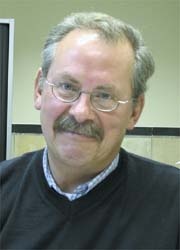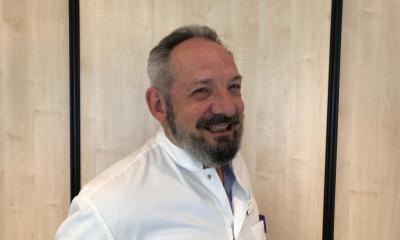The Netherlands and Belgium
- 16 years of study, but no jobs
Healthcare authorities have advised university hospitals to slowdown surgical training, because, after years of study, qualified Dutch surgeons can find no employment.

Surgeons who have already trained are now considered sufficient to meet demand in the coming years. Paediatricians face the same problems.
In the 80s – the last time this phenomenon occurred – hospitals had to reduce vacancies for medical specialists.
Belgian doctors and nurses ‘escape’ to Holland
Around 1,500 nurses and doctors from Flanders have sought jobs in the Netherlands in the past five years, according to official Dutch Ministry of Health figures supported by information from hospitals near the Dutch-Belgian border. The reason is unclear, but is under examination.
Labour Inspectorate investigates hospitals
Staff working conditions - specifically when handling cancer medications and anaesthetic gases - are soon to be investigated by the Dutch Labour Inspectorate.
The inspectors will also check whether employees are effectively protected against physical overload, aggression and violence from patients and visitors, which has increased - affecting four in five doctors in some way.
Exposures to cytostatica and anaesthetic gases can have serious consequences (as published in European Hospital, anaesthetic gases can seriously affect pregnant women and their babies). Although cytostatica are used to treat cancer, if not handled correctly they could conversely cause cancer to staff. A 2003 survey of 30 Dutch hospitals showed these risks were not systematically managed: in about 50% of cases something went wrong.
Commercial care
Although Dutch hospitals are currently not permitted to make a profit, from 2012 they might start paying dividends to stakeholders, and Amsterdam’s Slotervaart Hospital will be the first to do so.
It is bizarre that this hospital, which, financially, has been in very bad weather for years, is to be the first Dutch hospital to be taken over by a commercial firm. Founded as a municipal hospital 30 years ago, Slotervaart has been in financial difficulties since 1997. The health insurer that covered treatments provided by the hospital claimed that it treated too many patients, was too expensive, and the locality provided too many other hospitals.
Slotervaart’s medical specialists, rather than the hospital Board, took the initiative to commence talks with the insurer. The specialists said their goal in making the hospital a commercial enterprise is not self-motivated – i.e. aimed at salary increases – but to create a better hospital in which more patients can be treated and cured. They believe more tasks could be performed. Presently, for example, due to budget restrictions, this hospital has no Intensive Care Unit and provides no first aid.
Luxurious setting for hip ops
Although orthopaedic specialists throughout the Netherlands perform hip and knee operations, for patients, the lure of a seven-day stay in a chateau, in the country’s south.
This is the first time a Dutch health insurer has offered such accommodation. Up to February this year this kind of service was not possible, because hospitals offered hip and knee care in several classes, but this is no longer the case. However, many patients still prefer to have more luxurious care. The hotel and insurance company chose hip and knee operations because they can be planned. Prior to surgery, the patient will check in at the chateau. Following surgery at the hospital, he/she will be an in-patient for 48 hours, then be returned to the hotel for aftercare. However, the insurer will not pay all the hotel costs. In some cases a substantial amount must be covered by patients, which will depend on the level of services they select.
Because demands for such care looks high, negotiations with other hospitals and hotels are underway.
13.07.2006





